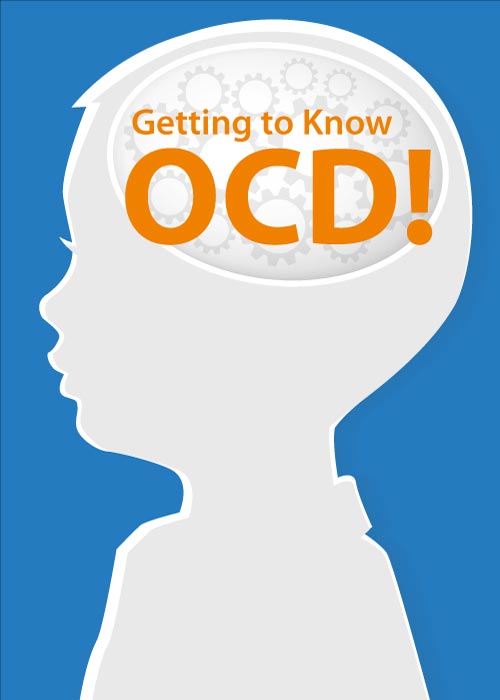Zaim brushes his teeth 8 to 14 times a day because he is convinced that his mouth is filled with germs. He always takes 20 minutes to half an hour to brush his teeth and doesn’t stop even when traces of blood appear.
Karina erases everything she writes 9 times (sometimes more) because she believes that her handwriting is crooked. She constantly tries to straighten it, over and over again.
Both Zaim and Karina are suffering from obsessive compulsive disorder (OCD).
OCD is a type of anxiety disorder that can sometimes severely disrupt a person’s academic, social and working life. Persons suffering from OCD will have recurring obsessions, recurrent unwanted thoughts, compulsions and repetitive excessive actions that cause them much distress, takes up a lot of time and interfere with their daily lives.
OCD sufferers are powerless to stop their compulsive behaviours, and may have elaborate “rules” as to how they must be done. They will repeat them over and over until they feel they have got it right. However, unlike the obsessive compulsions to drink or shop, OCD compulsions do not give the sufferer pleasure, but only a measure of relief.

Although this disorder was once thought to be rare in children and adolescents, OCD is now believed to affect around 2-3% of children. This disorder often goes unrecognised because OCD sufferers and parents do not realise that OCD is a medical illness and there is treatment for it. For those who know that OCD is an illness, they may be too ashamed to seek help or are unable to accept OCD as a brain disease.
Understanding its causes
The exact cause of OCD is unknown, but experts believe it to be linked to an imbalance of the chemical serotonin in the brain. When the flow of serotonin is blocked, the brain’s ‘alarm system’ overreacts and mistakenly triggers danger messages. Instead of blocking out these danger messages, the mind of an OCD sufferer will instead dwell on them causing him or her to experience certain doubts and fears.
Genetics are also thought to play an important role. Family members or a descendant who may have had a history of this disorder increases the risk of OCD for the OCD sufferer. Additionally, if the OCD sufferer is a perfectionist, then his/her upbringing can also increase the risk for OCD. However, just because a child has the genetic tendency for OCD does not mean that he or she will develop OCD. It just means that there’s a stronger chance that he or she might develop it.
Sometimes an illness or some other stress-causing event may trigger the symptoms of OCD in a person who is genetically prone to develop it.
It is important to understand that OCD behaviour is not something that a child can simply stop just by ‘trying hard’ or because you or your child want it to stop. OCD is a disorder just like any other (e.g. diabetes or asthma); it is not something that your child can control nor has he caused it himself.
Certain traumatic events (such as the death of a loved one or an accident) may worsen or trigger the onset of OCD in children who are prone to develop it.
Treating OCD

There are a few types of treatment available for children with OCD namely, behavioural therapy and medication. Behavioral therapy, also known as cognitive-behavioral psychotherapy (CBT), helps kids learn to change thoughts and feelings by first changing behavior.
Drugs work well in relieving both obsessions and compulsions. Treatment is long-term because patients tend to relapse when the drug is discontinued, often within weeks. Psychosurgery would be the last resort for treatment-resistant patients.
So if you notice any unusual behaviour in your child, consult your doctor immediately as treatments are available.
An educational collaboration with Malaysian Psychiatric Association.







Comments